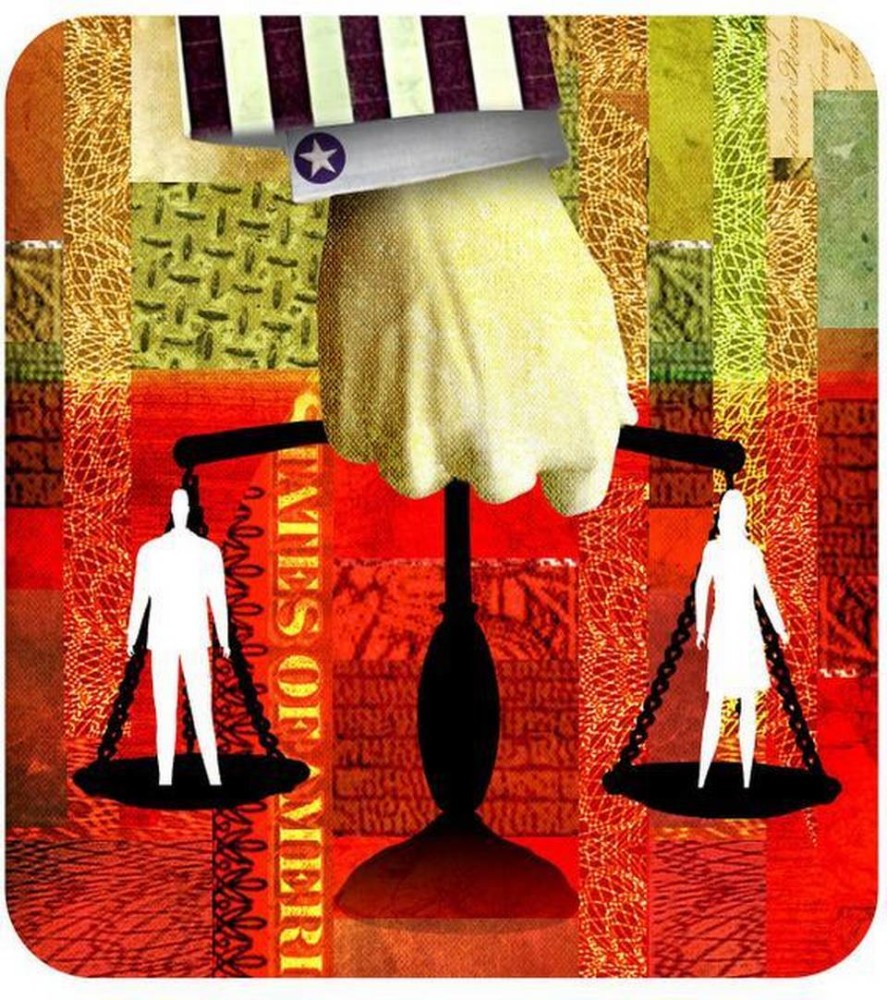By Wendy Doyle
Columbia Daily Tribune, Mo.
WWR Article Summary (tl;dr) According to a survey by Glassdoor, women are less likely than men to negotiate their salaries, with 68 percent of women accepting the salary they were offered versus just 52 percent of men.
Columbia Daily Tribune, Mo.
Imagine finding out that 20 percent of your salary had been siphoned off, year after year, with a tax you knew nothing about.
This is the reality facing too many women across the country because of a gender pay gap that has stubbornly refused to close.
Fifty-six years to the month since President John F. Kennedy signed the Equal Pay Act that banned outright wage discrimination based on sex, more subtle and widespread barriers to pay equity are still keeping many women from achieving economic security and independence.
That’s why the Women’s Foundation is supporting the American Association of University Women in their efforts to train one million women in Missouri and Kansas to successfully negotiate their salary and benefits.
AAUW Work Smart Online is a free and proven online resource based on the latest research on how to navigate the complexity of job offers and promotions.
Women overall in the U.S. are paid just 80 cents to every dollar earned by men. And mothers and women of color face a wage gap that is far greater and more harmful to our communities and our economy.
Data released by the National Women’s Law Center earlier this month shows that mothers working full time year-round make just 69 cents for every dollar paid to fathers. That number drops to just 54 cents for black mothers and 46 cents for Latina mothers.
This motherhood penalty has devastating consequences for women and their communities, putting a drag on our economy and making it harder for families to make ends meet. The motherhood penalty adds up to a loss of $18,000 per year on average–dollars that could be going to strengthen local economies and lift families out of poverty.
Addressing this unfairness is going to take a comprehensive approach.
We need elected officials who are committed to combating wage discrimination with policies like paid family leave and bans on salary history inquiries in hiring, a solution that leaders in Kansas City and St. Louis have recently embraced. We need to educate employers about how to identify and close pay disparities in their workplaces, which the Women’s Foundation works to do through resources like our Pay Equity Best Practices.
And we need to make sure fathers are encouraged and empowered to fulfill their fair share of family and household obligations.
A recent report on fatherhood found that women are still spending far more time than men doing chores and caring for children and aging family members–a trend that’s exacerbated by a lack of paid paternity leave in many countries.
But one of the most powerful tools we have for combating the gender pay gap is the tenacity and talents of individual women themselves–and that’s the power that AAUW Work Smart harnesses.
According to a survey by Glassdoor, women are less likely than men to negotiate their salaries, with 68 percent of women accepting the salary they were offered versus just 52 percent of men. This disparity perpetuates the gender pay gap, shortchanging women of the salary and benefits they deserve.
By participating in an AAUW Work Smart workshop, women learn to research fair and equitable salaries and benefits in their fields and to clearly articulate their skills and experience with confidence.
Participants also learn the precise words and tactics to use when negotiating, all of which helps them build the confidence necessary to negotiate a fair salary or promotion.
This initiative is especially important in Missouri and Kansas, where the gender pay gap is wider than the national average. Women in Missouri and Kansas earn just 78 cents and 77 cents respectively, for every dollar earned by a man.
Women have waited long enough for equal pay for equal work. Resources like AAUW Work Smart Online, along with more family-friendly policies, can go a long way towards closing the gender pay gap for good.
Wendy Doyle is president and CEO of the Women’s Foundation.
___
Distributed by Tribune Content Agency, LLC.














































































































































































































































































































































































